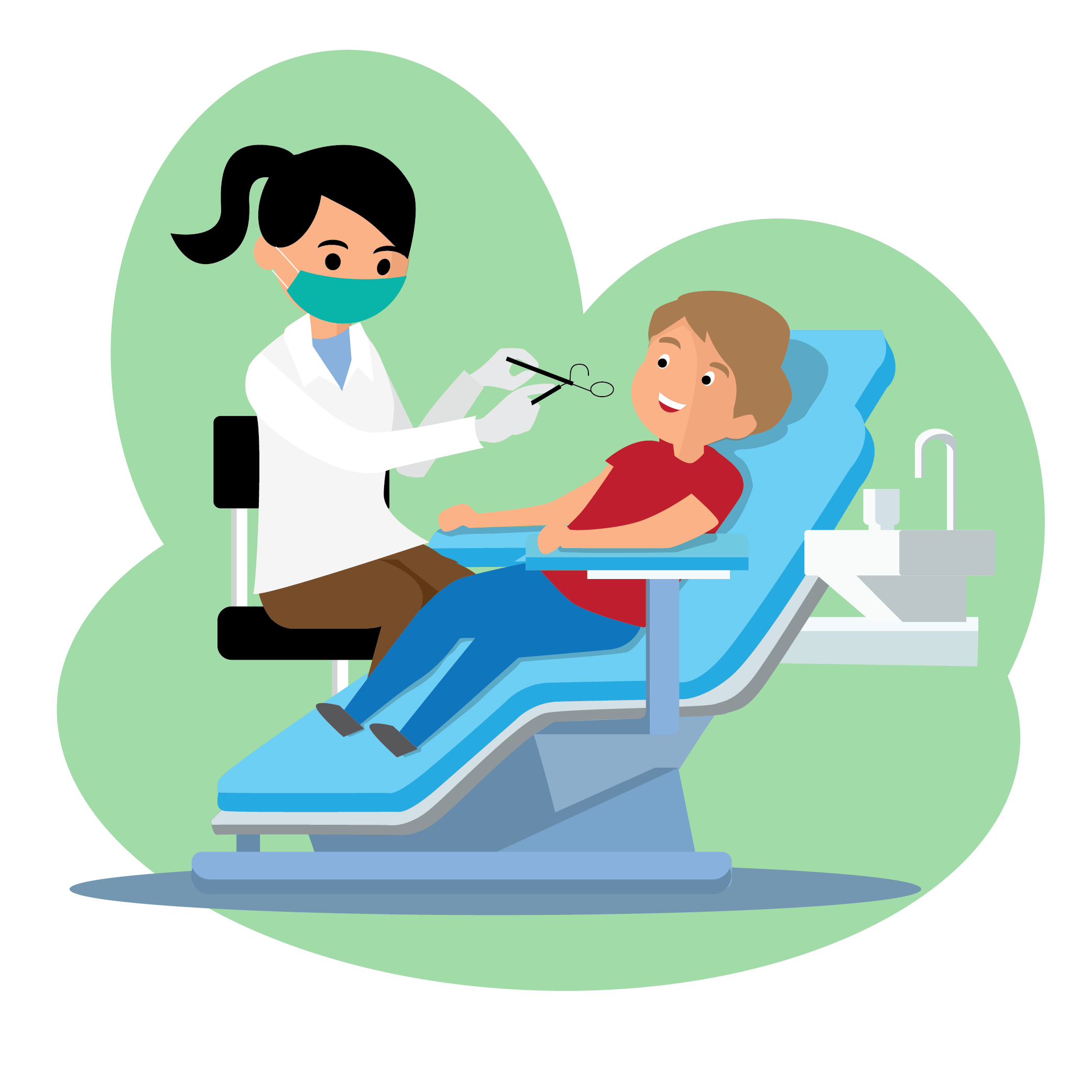
When looking for a dentist for your children, it can be tough to know who to see. Should you search for a general family dentist or would your children benefit from pediatric care? You can’t go wrong either way, but it’s good to have all the facts before you decide.
Similarities
Both accredited general and pediatric dentists have the training to offer a high level of care to children. If you have an existing relationship with a family dentist you trust to provide quality care, that dentist could be a great option for your littlest family members.
Differences
While general dentistry training covers dental care for children, pediatric dentists spend at least two additional years studying how to care for younger patients. Once they have completed their training, they provide primary and specialty care for children only. As a result, they have smaller equipment specifically designed for children’s mouths. These are especially helpful when children need more complicated dental care such as root canals.
Special needs
Pediatric dentists are also a great option for addressing certain needs children may have. Some kids have particularly high levels of dental anxiety. While general dentists often help with this anxiety, pediatric dentists may be specially equipped to reduce anxiety for children with toys or music that help them relax. They’re also trained to provide care for children with special needs like cerebral palsy, Down syndrome, muscular dystrophy, learning disabilities and others. These conditions can be associated with dental problems such as gum disease, so oral health care is especially important.
Whether you choose a general or pediatric dentist, scheduling the first visit early is crucial. The American Academy of Pediatric Dentistry recommends all babies see the dentist within six months of getting their first tooth but no later than their first birthday. Keep your children smiling into adulthood by finding a dentist you trust today.
Published: January 4, 2019
This information in this post is for general educational purposes only and does not warrant or represent any information as related to health as specifically appropriate for you. It is not intended to be medical advice or replace the relationship that you have with your health care providers. You should always seek medical advice on any diagnosis or treatment from a qualified health care provider. The information is provided “as is” without any representations or warranties, express or implied.







